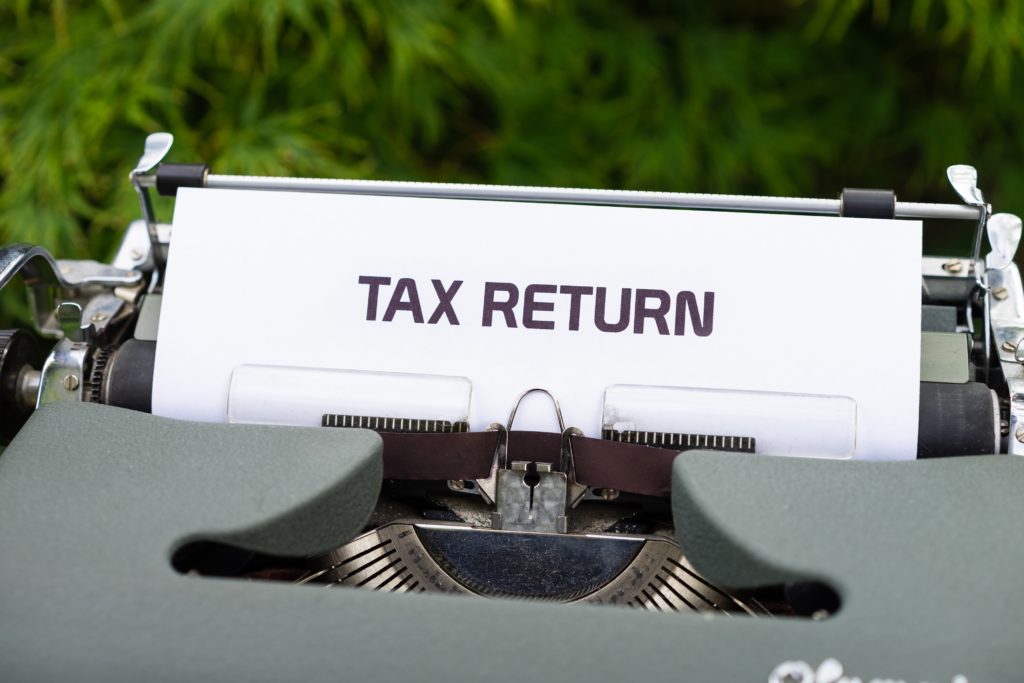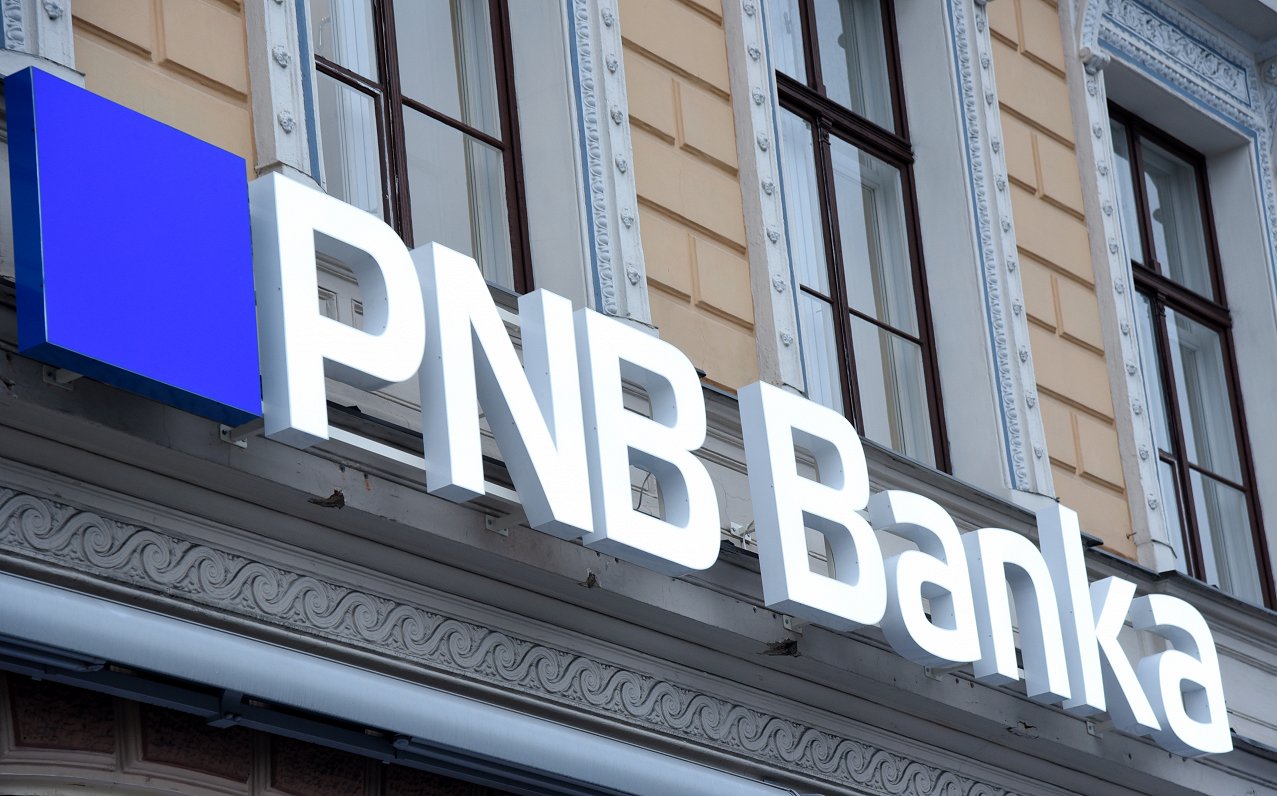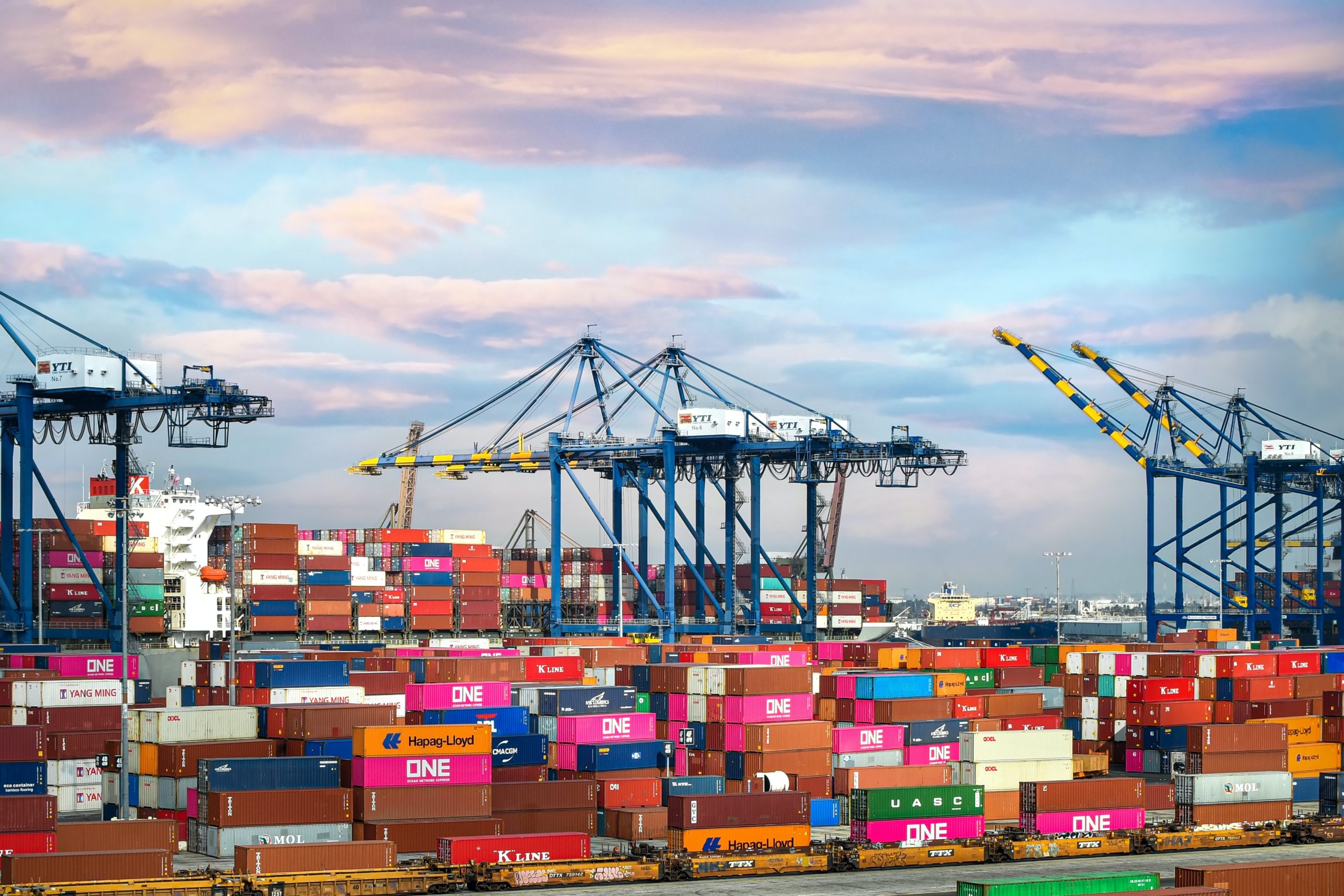Following Brexit, the UK tax department has proposed modifications to the procedures for UK companies to recover the VAT they have already deposited in the EU. Similar changes have been made to how EU-based companies can recover the tax they paid in the UK.

On March 31, 2021, the previous agreements to use the EU VAT return system came to an end. Requests for reimbursements of the amount paid after January 1, 2021, are to be manually submitted to the relevant tax officials in each country.
This page describes the present regulations, and the information below is relevant to both UK-based firms that must pay EU VAT and non-UK-based companies that must pay UK VAT. Firms based in Northern Ireland can still utilize the computerized cross-border reimbursement mechanism for tax payable in EU nations.
Non-UK companies incurring UK VAT
Any corporation that is not located in the UK will be taxed UK VAT on UK products, given that they are not being bought for exportation. The only way to recover the tax amount paid if they don’t have a UK value-added levy license is through the government-run program in the UK. This is assuming the company meets the requirements listed below:
The non-UK company must meet the following requirements to collect UK value-added duty:
- It must not be incorporated in the UK;
- It must not be obliged to be listed in the UK; and
- It must not have any operations there.
Possible exemptions to this regulation include specific transportation services and goods where the consumer is responsible for paying the tax. If a similar program already exists in the claimant’s EU nation but UK firms are prohibited from utilizing it, use of this refund program will be disallowed.
UK firms levying EU VAT
After Brexit, UK companies will still be able to collect the value-added levy they paid in another EU member, although the procedure will vary depending on which EU country is concerned.
Therefore, you must take into account the laws of the specific Member Country where you incurred the VAT. The webpage of the EU Commission has more information. Businesses in the UK can also need to present proof of registration to receive a reimbursement.
Qualified resources
On any products and activities bought in the UK or imported there, the value-added duty can be recovered. The following goods are not included in the reclamation scheme:
- Non-commercial supplies;
- Materials used in the UK to manufacture a supply;
- Any materials used outside of the UK to create excluded goods;
- Business leisure, excluding some leisure for foreign clients;
- Specific second-hand products;
- Products that are based in Northern Ireland; and
- Purchased items and services intended for resale to tourists.
Private car acquisitions are not qualified for a refund, but domestically owned, rented cars are entitled to a 50% reimbursement. Where a facility or commodity provision is made for both private and commercial use, only the corporate share of the tax can be recovered. Any international items that do not need the corporation to file for UK taxation ID may have their money returned.
Claim refund
A document proving the company is established in the applicant’s native country must be submitted with the original assertion. With HMRC’s consent, electronic certifications might be accepted.
Authentic receipts must be supplied with a claim and must contain the following details:
- The identity, address, and registration ID of the claimant;
- The value of the supplies, and
- The applicable rate.
When the supply’s worth exceeds $250, the following additional details are needed:
- An identification number;
- The name and residence of the consumer;
- The amount collected; and
- The value of the item excludes VAT.
Imported products must be accompanied by authentic customs documentation proving the amount was paid.
Summary
To facilitate and guarantee a valid claim for UK levies, several administrative procedures must be followed. In light of this, you must take action right away to make sure that these are taken care of and stop the levy from becoming a final expense because claims were submitted beyond the deadlines.







